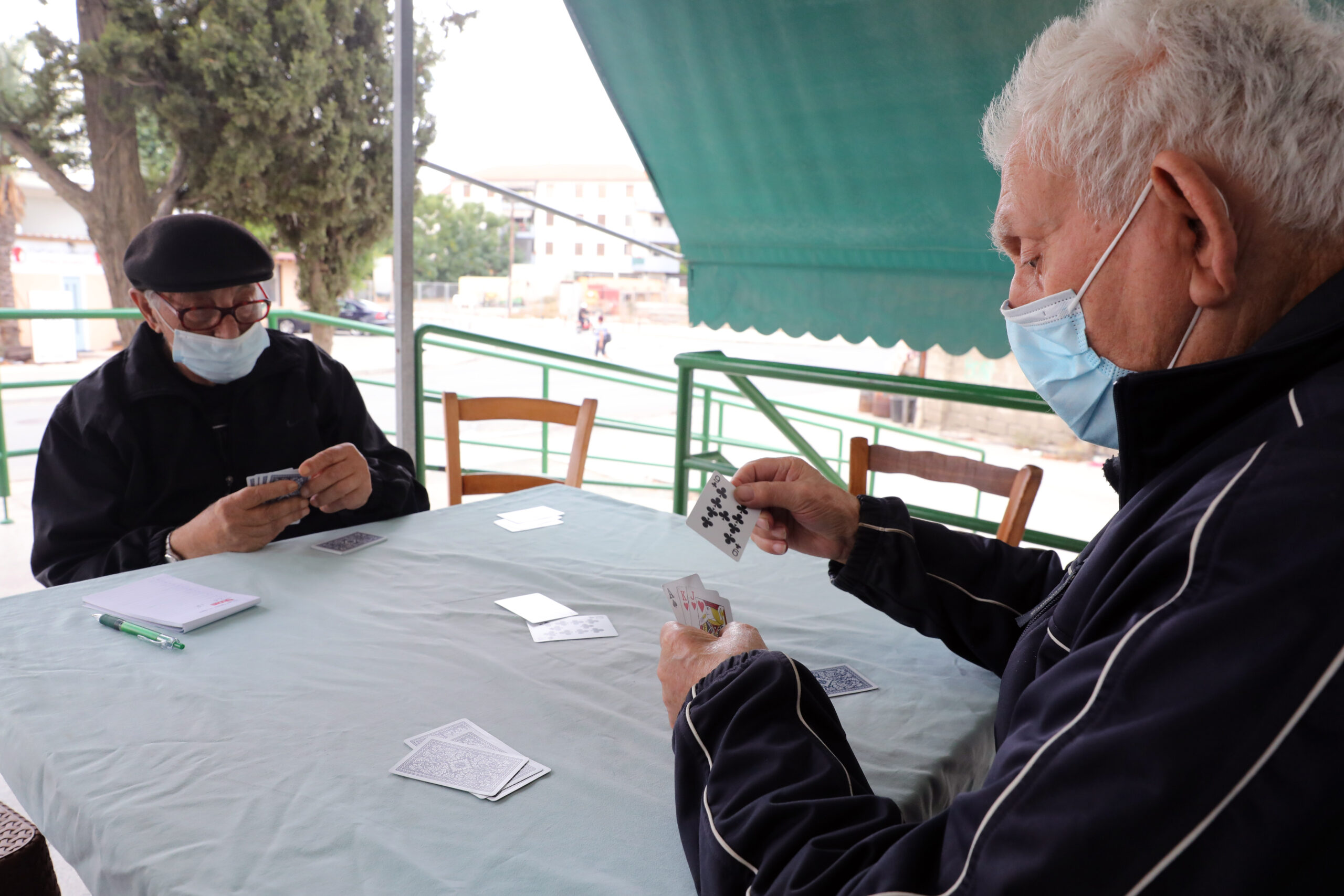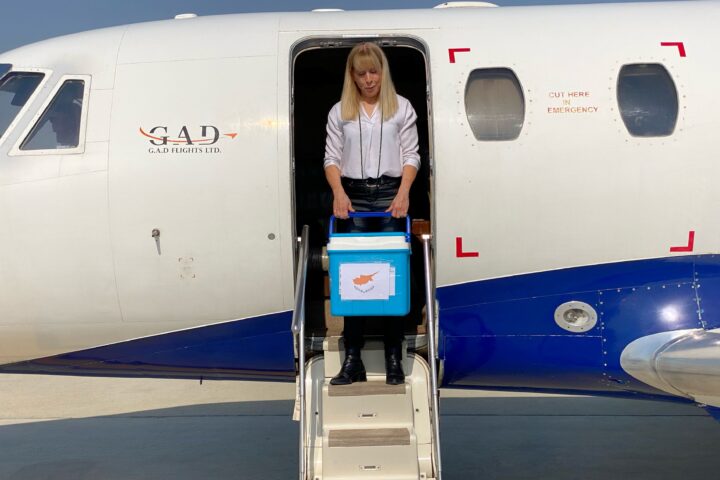Data collected by the Long Covid Cyprus network of patient associations from the Health Insurance Organisation showed that 29,377 people suffered from long covid symptoms.
The evidence is based on two questionnaires sent to patients who indicated a great need for psychosocial support and medical care.
Long covid is a multisystemic inflammatory condition which affects many organs with various symptoms.
It cannot be predicted who will develop long covid; age, underlying conditions, or vaccination status play any role.
Some 55% said that before long covid, they considered the coronavirus a serious condition that they believed had a mild outcome.
Another 36% viewed COVID with anxiety and reluctance, 8% were indifferent, and 1% did not give any significance to it.
One in five said they faced discrimination during and after the disease, 57% withdrew socially, 25% faced financial problems, and 60% continued to manifest at least one COVID-19 symptom.
Following recuperation, 36% still have symptoms but are mild, 26% have “annoying” but not severe, 9% still have severe symptoms, and 30% said they do not have any other symptoms.
Fifty per cent said they visited a specialist doctor to treat their symptoms, and 41% did not.
And 9% contacted a psychologist, 81% did not, and 10% considered it.
Some 20% said fatigue is the most persistent symptom after the disease, 16% reported taste/smell disorders and 10% coughing.
Meanwhile, 60% said they have at least one symptom, 19% said the symptoms lasted more than two weeks, 17% beyond one week, 12% beyond three weeks, 13% beyond 5 to 8 weeks, 10% beyond four weeks, 9% beyond 12 weeks, 5% beyond 20 weeks and 2% beyond 36-52 weeks.
In addition, 79% of the participants were vaccinated against COVID-19.
Nineteen per cent said that after vaccination, their symptoms improved; however, 6% said they deteriorated, 11% said some improved and others worsened, and 64% were unaffected.
After the illness, 20% said they have problems or difficulties with friends, while 57% moved away from their social environment, 7% have anxiety, and 7% have feelings of fear.
After COVID-19, 56% said they had a troubled sleep, 52% had apnoea, 35% could not sleep for long, and 10% said they had nightmares.
Five per cent continue to have sleeping problems, while 35% said they have trouble keeping up with housework or self-care.
Regarding symptoms manifested after the infection, 97% said they find they are easily fatigued, 73% have myalgia, 71% have shortness of breath, 52% experience confusion and brain fog, 39% present anxiety, 12% are indifferent, and 4% have dizziness and headaches.
Twenty-three per cent are facing depression, with 2% saying they are not satisfied with how they feel.
Asked if long covid symptoms have exacerbated other chronic problems, 60% replied positively.
The general feeling is that patients want their lives back, the study indicated.










